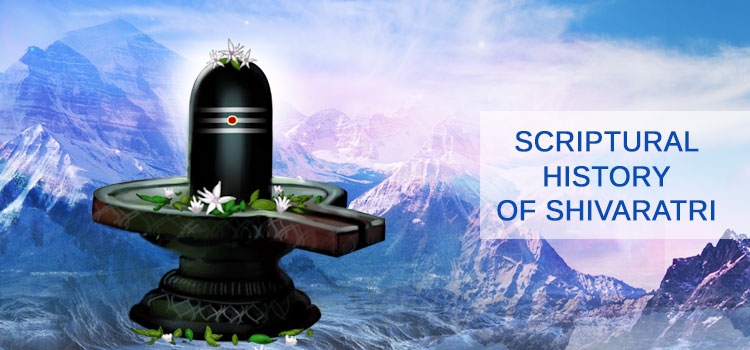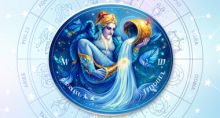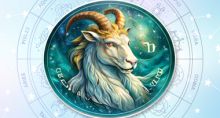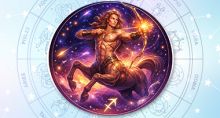Scriptural History of Shivaratri
When Shiva drank poison
There are many stories and legends in the Puranas regarding the origin of Maha Shivaratri.
One says that during Samudra Manthan, a poison called halahala emerged from the ocean. As it could destroy the entire world, the gods ran to Shiva seeking help. To save the world, Shiva drank the poison but did not swallow it. As a result, his throat turned blue, and he got the name Neelakantha, the blue-throated one. Maha Shivaratri celebrates this event.

The fight between Brahma and Shiva
In another legend, Lord Brahma and Vishnu were fighting for supremacy. When they were about to destroy the world by unleashing their powerful weapons on each other, Shiva turned into a huge pillar of fire and came between the two. Awestruck, they decided to find its end. Brahma became a swan and went upwards and Vishnu turned into a boar, Varaha, and entered the earth. But despite searching for thousands of miles, they failed to find the end. On his journey upwards, Brahma saw a Ketaki flower floating down. The flower replied that she had been present since the beginning of creation but had no idea where the pillar of fire originated. She also told Brahma to give up his search as it was futile. Brahma stopped his search and made the flower bear false witness and say that Brahma had discovered where the fire column began. Shiva got angry and punished Brahma for lying. He also cursed him saying that henceforth, no one in the three worlds would offer prayers to him. Even now, most Hindus do not worship Brahma. Also, only one temple in Pushkar, Rajasthan, is dedicated to him. The Ketaki flower too is not offered for worship in Shiva temples. This event happened on the 14th day in the dark half of the Phalgun month. It was the first time that Shiva took the form of a Lingam. Hence, it is a very auspicious day and is celebrated as Maha Shivaratri. Worshipping Shiva on this day brings happiness and prosperity.
Night-long vigil on Shivaratri
Another legend explains the night-long vigil on Shivaratri. There was a poor tribal man who was a great Shiva devotee. One day he was in the forest collecting firewood when he lost his way. Night fell, and he began to hear the growls of wild animals. Frightened, he climbed a tree to protect himself from them. As he feared that he might fall off the tree if he fell asleep, he decided to stay awake. He began plucking leaves – one at a time - from the tree and dropping them, all the while chanting Shiva’s name. When it dawned, he realized that he had dropped a thousand leaves on a Lingam. So it had the effect of night-long worship of Shiva. The tree was a wood apple or bael tree. Pleased, Shiva rewarded the tribal with divine bliss. On Maha Shivaratri, fasting devotees recite this story. When the all-night fast gets over, devotees eat the Prasad offered to the Lord. There is one more likely reason for the all-night vigil. As it is a moonless night, people worshipped Shiva who wears the crescent moon as a jewel that adorns his hair. Perhaps it was done to ensure that the moon rose the next night.
Significance of Maha Shivaratri
Maha Shivaratri heralds the onset of spring for, soon after the festival, trees, and plants begin flowering as if to announce that spring has arrived. Hence, the Lingam is worshipped all over India as a symbol of fertility. The festivities may differ from state to state. In southern Karnataka, children are given free rein to indulge in mischief and asking for punishment is common. This might originate in the mythological incident of Shiva punishing Brahma for lying. At the Vishwanatha Temple in Kashi (Varanasi), the Lingam (embodied in the pillar of light) is revered as the light of supreme wisdom. On Maha Shivaratri, we withdraw our mind from the world so that we can connect with Lord Shiva and be open to the blessings he bestows on his ardent devotees, including absolution from all sins and the attainment of moksha (salvation).
Invoke the Blessings of Lord Shiva on the Great Night of Shiva for Fulfillment of Wishes



















